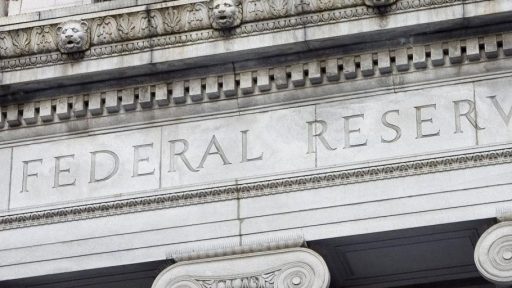- Home
- >
- Market Rumours
- >
- The Federal Reserve is placing a dovish trap

The Federal Reserve is placing a dovish trap

It is likely that the Federal Reserve tends to move closer to the position than the markets originally expected. Not so much in terms of interest rates, the sooner the bank will leave inflation free.
In their latest comments, FOMC members have expressed their understanding of the criticisms they are constantly facing that they are not achieving the 2% inflation target. Or that for them 2% is a ceiling rather than a variable goal.
Tim Duy, who monitors and analyzes the Federal Reserve's actions, reflects the following: "It will undoubtedly be illogical and irresponsible if the next recession occurs when the Fed fails to hold inflation at 2% or at least make the effort slightly above 2% can afford a buffer that will precede the next recession. "
The question is, can the Fed stick to this strategy? Duy doubts. He believes that they will give way to letting inflation develop freely. Tim notes that every time this happened, the Federal Reserve has pruned the interest.
"Looking back ten years, I think we can safely say that the Federal Reserve mistakes have always occurred when they were hawkish." - adds Duy.
He does not think this is happening on purpose. Rather, this is the result of inaccurate forecasting and misinterpretation of economic indicators. For traders, the risk comes from believing too much that the Federal Reserve will really "let go" inflation. After all, this will be understood when enough pressure has been put on the Central Bank.
"The Fed is pushing for a change in politics, and it is reasonable to conclude that this shift will certainly be dovish." We have not come to any conclusion as a result of the persistent pursuit of the 2% in question since the end of the Great Recession, to find the right tool to respond to the threat of recession, because I think the Federal Reserve puts a dovish trap, tempting market participants to think that future policy will be more dovish than the legislators themselves are willing to accept and in the future. "
 Trader Martin Nikolov
Trader Martin Nikolov Read more:
If you think, we can improve that section,
please comment. Your oppinion is imortant for us.











